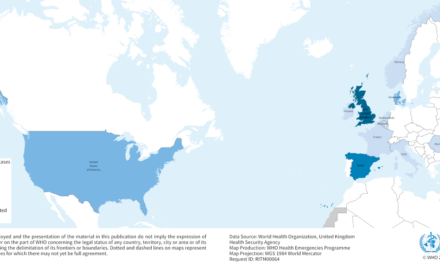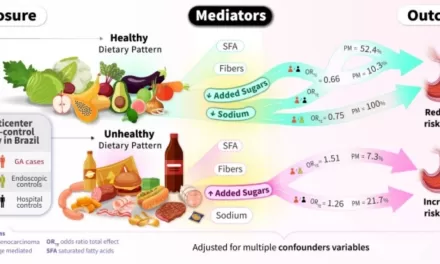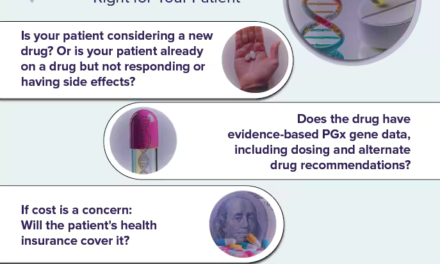
The National Crime Records Bureau (NCRB) has released a concerning report highlighting a substantial 12.5% increase in heart attack-related deaths during 2022 compared to the previous year. The data indicated a significant rise in fatalities due to heart attacks, reaching 32,457 in 2022, a stark contrast to the 28,413 deaths recorded in 2021.
The post-COVID era has brought this alarming trend to the forefront, with numerous studies drawing connections between the virus and compromised heart function. In parallel, the report identified a noticeable surge in sudden deaths, reaching an alarming count of 56,450 in 2022 alone, representing an escalating trend over the past three years.
The NCRB categorizes sudden death as an unexpected demise occurring instantaneously or within minutes due to causes other than violence, such as heart attacks or brain hemorrhages.
Specifically addressing heart attack-related fatalities, the report documented a concerning fluctuation in numbers. The count fell from 28,579 in 2020 to 28,413 in 2021 before witnessing a sharp increase to 32,457 in 2022.
Health experts have underscored various risk factors contributing to heart attacks, emphasizing lifestyle elements like high-sodium diets, sedentary behaviors, smoking, excessive alcohol consumption, and lack of physical activity. Moreover, they have drawn attention to the role of high hemoglobin levels in elevating the risk of heart attacks, strokes, and blood clots—a condition known as polycythemia, characterized by an abnormal increase in red blood cells due to bone marrow irregularities.
Dr. Rahul Bhargava, Principal Director of Hematology and Bone Marrow Transplant at Fortis Memorial Research Institute in Gurugram, highlighted the dangers associated with elevated hemoglobin levels, emphasizing their potential to thicken blood, impeding circulation, and leading to severe complications like blood clots.
The report’s revelations underscore the critical need for heightened awareness, lifestyle modifications, and proactive healthcare measures to curb the rising incidence of heart-related fatalities, urging individuals to address risk factors and prioritize heart health in the face of these concerning statistics.











